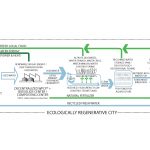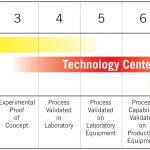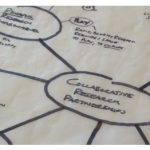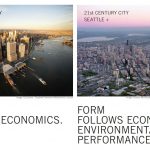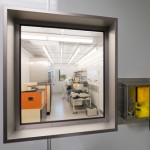Innovation Incubator.

Perkins&Will supports small, focused explorations proposed by staff members with micro-grants of money and time through the Innovation Incubator program. The Innovation Incubator promotes the exploration and development of ideas that improve our work, open new areas of business and stretch our collective creativity. The results of these explorations further our design work, improve our design process and contribute to the knowledge base of our industry.
The program was launched in 2010 and was an immediate success. With more than 700 entries over 20 cycles, sustained interest in the Innovation Incubator at all levels of the firm is testament to its relevance in our ever-growing culture of innovation.
Browse some of the Innovation Incubator projects that have helped grow the profession’s intelligence over the years. Explore more at: innovation.perkinswill.com.
